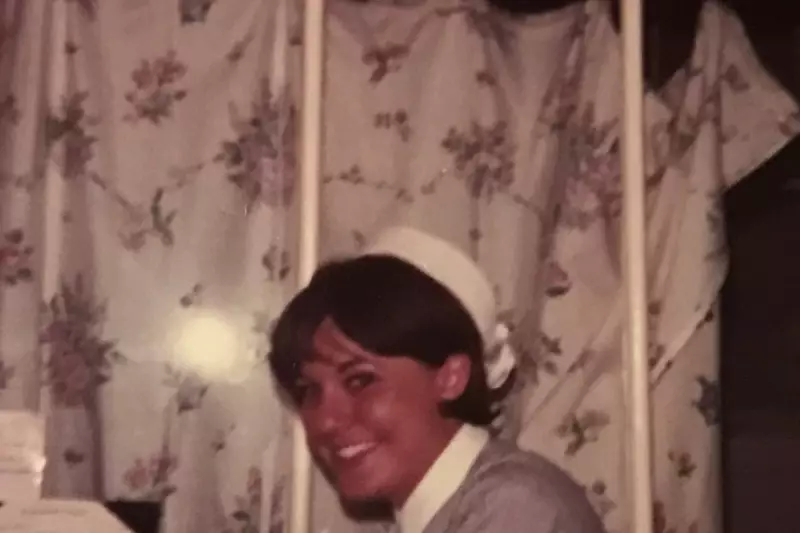
Disturbing new evidence has emerged revealing the depth of the crisis gripping NHS emergency departments, with elderly patients bearing the brunt of what charities are calling 'corridor medicine'.
The Human Cost of Corridor Care
According to a comprehensive analysis by Age UK, thousands of older patients are being treated in hospital corridors and inappropriate areas for extended periods, with some enduring waits of up to 24 hours before receiving proper care. The charity's findings paint a bleak picture of an emergency care system buckling under unprecedented pressure.
Caroline Abrahams, Charity Director at Age UK, didn't mince words: "The fact that some older people are spending a whole day in a corridor when they are seriously unwell should be a source of shame for our country."
A System Under Siege
The crisis extends far beyond isolated incidents. Age UK's research indicates that:
- Corridor care has become normalised rather than exceptional
- Elderly patients with complex needs are particularly vulnerable
- The situation represents both a clinical and dignity crisis
- Staff are working under impossible conditions
One emergency medicine consultant described the scene as resembling "a war zone," while another reported patients being treated in cupboards and store rooms due to lack of space.
Why Older Patients Suffer Most
Medical experts warn that corridor care poses particular dangers for elderly patients. The chaotic environment can exacerbate confusion in those with dementia, while the lack of proper monitoring equipment increases the risk of missed deteriorations in condition.
"For an older person, lying on a trolley for many hours can be the start of a downward spiral," explained one geriatric specialist. "They develop pressure sores, become dehydrated, and lose muscle strength - problems that can extend their hospital stay significantly."
The Ripple Effect on Staff and Services
The crisis isn't just affecting patients. NHS staff are reporting:
- Moral injury from being unable to provide proper care
- Burnout from working in constant crisis mode
- Difficulty recruiting and retaining emergency medicine specialists
- Compromised infection control in crowded areas
A Call for Urgent Action
Age UK is demanding immediate government intervention, calling for:
- Increased funding for social care to free up hospital beds
- Proper investment in community health services
- A realistic workforce plan for the NHS
- Transparent reporting of corridor care incidents
The charity warns that without decisive action, the situation will deteriorate further as winter approaches and seasonal pressures mount on already stretched services.
The Bigger Picture
This crisis represents more than just temporary overcrowding - it signals fundamental structural problems within the health and social care system. The normalisation of corridor care raises serious questions about whether the NHS can continue to meet its founding principles of providing comprehensive care free at the point of use.
As one patient advocate starkly put it: "If we accept this as the new normal, what have we become as a society?"





